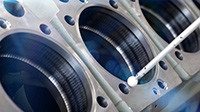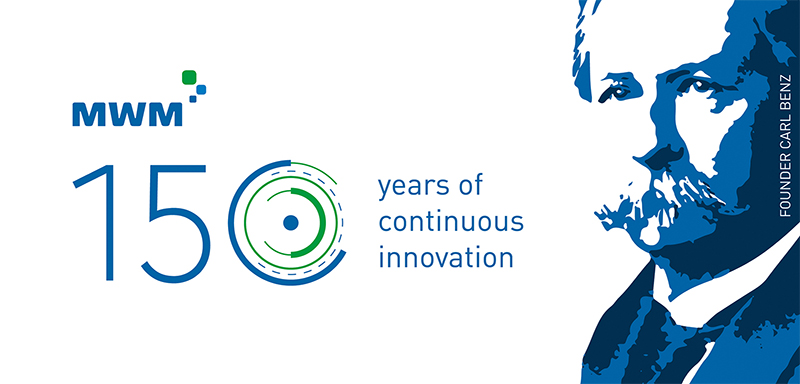Decentralized Energy Generation through Optimum Utilization of Biogenic Leftovers
Mannheim, May 04, 2016
Every year, the resource cycle in Germany loses about 5 million t of kitchen waste. Firstly, about half of the produced organic waste does not even reach any organic waste processing plant. Secondly, the organic material is seldom used effectively in such plants. Instead of merely using organic waste as fertilizer, an additional process could actually be implemented in order to produce biogas as well. In this optimized process, the organic material is fermented in a digester before it is composted.
A Perfect Climate-Neutral Recycling Economy
While solid and liquid digestate are used as high-quality agricultural fertilizer, the biogas generation in the digestion process is usually directly fed into a CHP plant for the decentralized generation of power and heat energy. The combination of digestion and composing not only closes the natural resource cycle, it also delivers regenerative energy. This is possible due to the fact that the combustion of biogas in a CHP plant only emits as much carbon as the plants can absorb from the atmosphere during their growth.
In the following video the German Federal Environment Agency demonstrates the steps required for producing high-nutrient fertilizers as well as biogas for decentralized energy generation from biogenic leftovers.
PRIVACY NOTE: If you play a video, privacy regulations of YouTube apply.
© Video: Cleaner Production Germany, German Federal Environment Agency (https://cleaner-production.de/index.php/en/mediathek-en)
Further information
Contact Media
Aljoscha Kertesz
Manager Communications
T +49 621 48 18 35 76
E mwm-press@cat.com
Frank Fuhrmann
Online Editor
Member of DPV / German Press Association
T +49 621 48 18 35 16
E mwm-press@cat.com








































